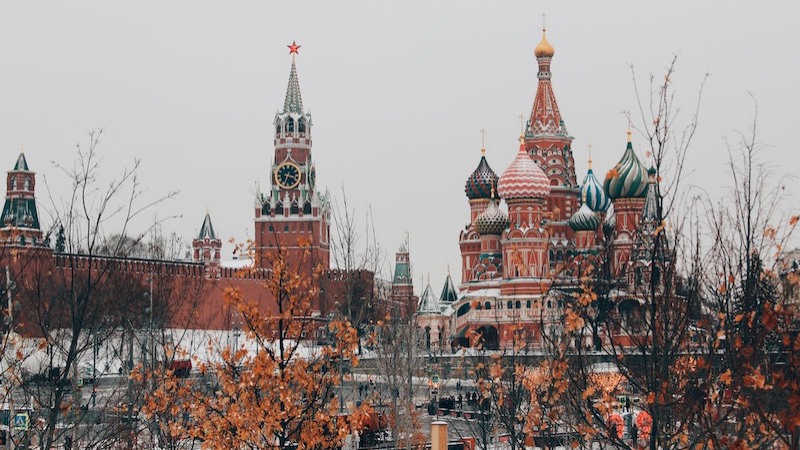
Those Track 1.5 Talks With Moscow Will Go Nowhere.
I don’t know who talked to the Moscow Times, but it was not the best idea.
By Daniel Drezner, Professor of International Politics at The Fletcher School
Remember earlier this month, when NBC News reported about Track II/Track 1.5conversations between Russian elites and former U.S. officials and then everyone and their mother freaked out about the story?
Well…. it’s time for round two! Earlier this week the Moscow Times’ Cameron Manleytalked to an anonymous former U.S. official who has participated in the ongoing discussions and got quite the perspective. Let’s dive in!
First thing: the most important quote was not in the original story — it’s the response from National Security Council spokesperson Adrienne Watson, who tweeted out“The United States has not requested official or former officials to open a back channel, and is not seeking such a channel. Nor are we passing any messages through others.” That’s pretty definitive — the Biden administration was never keen on this track and it sounds like they’re going to be the opposite of keen going forward.1
Second thing: I continue to think that this is less than meets the eye. A lot of these conversations are clearly happening on Zoom. The former U.S. official acknowledges that, “we were given some access to the Kremlin’s thinking, though not as much as we would have liked” and that “They don’t know how to define victory or defeat. In fact, some of the elites to whom we spoke had never wanted the war in the first place, even saying it had been a complete mistake. But now they’re at war — suffering a humiliating defeat is not an option for these guys.” According to Manley, “the former official expressed a sense of impasse in the ongoing secret talks. ‘In Russian diplomacy, everything is now linked, all built around the locus of the war making it impossible to do any productive forms of diplomacy.’”
In the past eighteen months I too have had Zoom chats and in-person conversations with Russian elites, some of whom are pretty well-connected with the Kremlin. And my read is similar — there is simply no constructive negotiating flexibility when talking to the Russians.2 After an initial month in which some were shocked by the decision, civil internal debate on this topic has been silenced.3
As I’ve noted previously, it’s still worth hearing the stories the Russians are telling themselves and everyone else about the war. Those stories are really starting to calcify, however. So even if the Biden administration was lying, this track already seems to be petering out. There’s no real meat to these talks.
Third, I have no idea why this former U.S. official decided to talk to a reporter about any of this, because these comments are going to weaken the shit out of the case for Track II. Let’s just excerpt from the official’s comments, shall we?
We emphasized that the U.S. needs, and will continue to need, a strong enough Russia to create stability along its periphery. The U.S. wants a Russia with strategic autonomy in order for the U.S. to advance diplomatic opportunities in Central Asia. We in the U.S. have to recognize that total victory in Europe could harm our interests in other areas of the world.
Russian power is not necessarily a bad thing.
That last sentence sounds like it comes from Armenian rather than American talking points. It’s probably true that in the Caucasus, Russian power could be useful.
The Central Asia claim, however, is legitimately weird. After my recent trip to Central Asia, my takeaway is that Russia’s preoccupation with Ukraine has opened up some interesting political space in Central Asia. I suspect the former U.S. official is concerned about China advancing its interests in the region. In actuality, however, officials in the region seem far more interested in their domestic reforms and reaching out to the West than cuddling up to China.
The bigger point, however, is that very few U.S. foreign policy observers are going to endorse these kinds of comments. Which suggests to me that the folks participating in this Track 1.5 dialogue are not tight at all with current U.S. policymakers.
The hard-working staff here at Spoiler Alerts continues to think that the reaction from Ukraine’s supporters was outsized — but this interview also gives me some pause about the folks attempting to maintain this dialogue. My primary takeaway, however, is that this attempt has petered out.
1 This also matches their tone in response to the original NBC News story.
2 The most Russians will concede is that maybe “denazification” does not need to happen in Ukraine.
3 Uncivil internal debate? That’s been happening for sure!
(This post is republished from Drezner’s World.)
